254 total views today
By Lucy Ogalue
The Federal Government says it is building a solid base for a tech-enabled, youth-led agribusiness transformation to modernise agriculture and enhance Nigeria’s food security.
The Minister of Agriculture and Food Security, Sen. Abubakar Kyari, said this at a High-Level Policy Dialogue on Youth and Women in Agribusiness on Monday in Abuja.
Kyari said that the government was not only prioritising innovation in the agricultural sector but also ensuring that young people and women were at the centre of that transformation.
“To further institutionalise this shift, the Federal Government, through the Federal Ministry of Agriculture and Food Security, is presenting the National Agricultural Technology and Innovation Policy.
“It provides a strategic policy backbone for transforming agriculture into a tech-enabled, youth-driven sector.
“It promotes mechanisation, digital agriculture, research commercialisation, linkages and improved access to modern imports.
“All aims at making agriculture more attractive, rewarding, competitive and some say savvy, especially for young Nigerians,” he said.
Kyari said the vision of the administration was to ensure smarter, younger and more inclusive agriculture in the nation.
According to him, the future of agriculture lies in precision technologies, climate-resilient farming systems, and inclusive financing models.
“We are deliberately opening up the agricultural space for new voices, young people who code, design apps, deploy drones, and run climate-smart farms,” he said.
He said that the government had inaugurated the National Agricultural Technology and Innovation Policy (NATIP) to serve as a framework for a new wave of mechanisation, value chain development, and digital access.
The minister also announced the activation of the National Agricultural Development Fund (NADF), aimed at attracting long-term financing into the sector.
“Additionally, President Bola Tinubu has approved the recapitalisation of the Bank of Agriculture (BOA) to the tune of N1.5 trillion, with special consideration for youth and women-led enterprises.”
Kyari said the government would soon roll out five core policy interventions under the National Agribusiness Policy Mechanism (NAPM), including access to affordable credit, business incubation, digital platforms, shared infrastructure, and data tracking systems.
He described the move as a shift from rhetoric to delivery, urging banks, investors, and development partners to align with the government’s vision.
Quoting Dr Akinwumi Adesina, President of the African Development Bank (AfDB), Kyari said, “Africa’s next generation of millionaires will emerge from agriculture not oil or minerals, but from agribusiness powered by technology.”
Kyari assured stakeholders that the Renewed Hope Agenda of the present administration would not leave smallholders farmers behind, adding that a thriving agribusiness ecosystem must reflect the aspirations of women and youth.
“The era of hoe and cutlass is giving way to smart tractors, mobile apps, and digital marketplaces and it is Nigeria’s young people who are leading the charge,” he said.
Mr Abdul Kamara, the Director-General, Nigeria Country Department of AfDB, reiterated the bank’s commitment to empower Nigeria’s youth and women through targeted investments in innovation, digital technology, entrepreneurship, and access to finance.
“Nigeria’s youth and women are among the most enterprising on the continent. However, access to finance remains the most critical constraint for the development of youth and women owned enterprises in Nigeria.
“Multiple conditions for access to credit can hardly be met, or almost impossible to meet, by youth and women.
“This is clearly shown by the evidence that only about 11.4 per cent of enterprises have bank loans or lines of credit, and 88.8per cent of loans required collateral which they cannot provide,” he said.
According to him, a major skills gap also persists in the labour market, with many job seekers lacking the competencies required by employers.
To address these challenges, Kamara outlined several flagship initiatives the bank was implementing in collaboration with the Federal Government to stimulate youth-led innovation and enterprise development.
He reiterated the Investment in Digital and Creative Enterprises Programme (iDICE), a 618-million-dollar initiative supported by AfDB, the Islamic Development Bank, and the Agence Française de Développement (AfD).
“This 618-million-dollar programme seeks to promote entrepreneurship and innovation in digital technology and creative industries.
“It will create innovation centres in over 50 universities and polytechnics, focusing on technologies and innovation, notably those of the creative industry, entertainment industry and other productive sectors.
“More than 175,000 youths will be equipped with skills in digital technology and creative industries to foster innovation and support the emergence of more entrepreneurs.
“Also, the iDICE Programme will establish three types of Funds: that is Innovation Funds to support innovation and creative enterprises; Technology Fund to support enterprises in the digital technology sector, and a Fund of Funds to finance the first two funds,” he said.
Kamara also spoke on the Youth Entrepreneurship Investment Bank Fund (YEIB-Fund), a 100-million-dollar initiative aimed at providing financial and non-financial support to Micro, Small and Medium Enterprises (MSMEs) owned by youth and women.
“The YEIB initiative will foster a thriving entrepreneurship ecosystem by supporting youth and women-led MSMEs as job creators, while promoting their economic empowerment,” he said.
Kamara mentioned the Ekiti Knowledge Zone Project, a 94.8-million-dollar programme designed to position Nigeria as a knowledge economy hub through tech innovation and entrepreneurship.
He further referenced the Special Agro-Industrial Processing Zones (SAPZ) programme, a 618-million-dollars intervention to develop agro-industrial value chains and create jobs, especially in rural communities.
“These investments will drastically change Nigeria’s agro-industrial landscape and unlock thousands of opportunities for youth and women,” Kamara said.
He called for coordinated efforts to integrate young people and women into agribusiness, especially through reforms in fiscal and monetary frameworks to improve financing.
He emphasised the need for Africa to transform into a hub of productivity powered by a skilled and empowered youth population.
“The future of Africa’s youth must lie in a prosperous Africa, not in risking their lives crossing the Mediterranean,” he said.
Kamara said the Bank’s Jobs for Youth in Africa initiative aimed at creating 25 million jobs across the continent and deepen youth access to finance through innovative financing models such as the Youth Entrepreneurship Investment Banks.
The News Agency of Nigeria (NAN) reports that the event’s theme is “Bridging the Gap – Access to Finance & Empowering Youth and Women for Agribusiness Success”.
The event was attended by government officials, stakeholders, youth and women in business and partners, among others. (NAN)(www.nannews.ng)
Edited by Ese E. Ekama-Williams



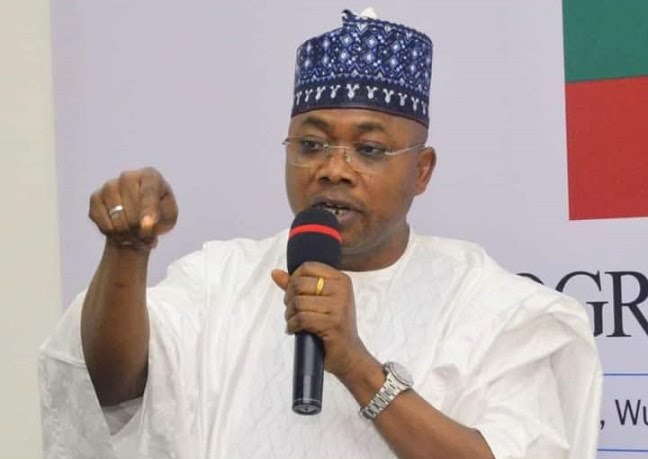
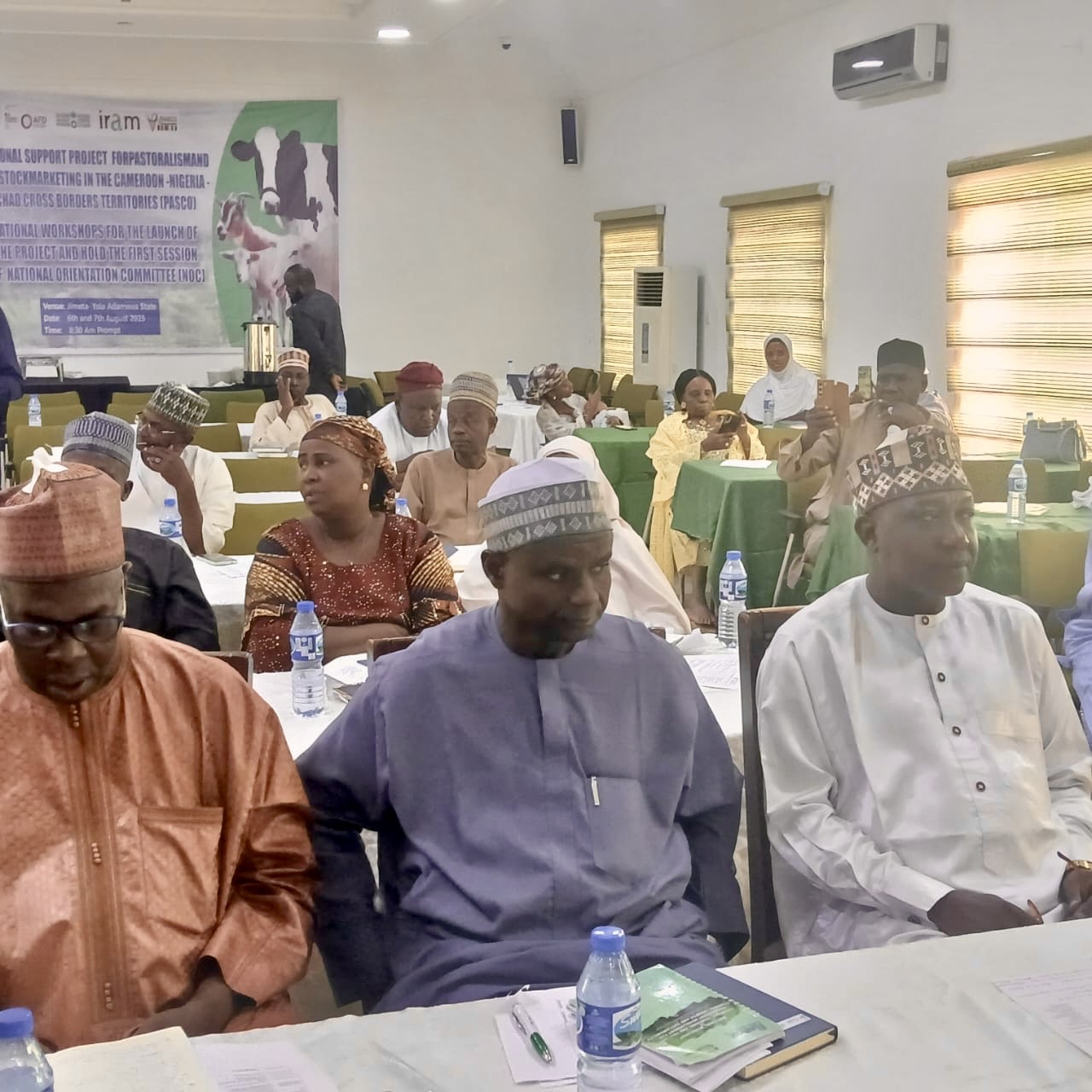
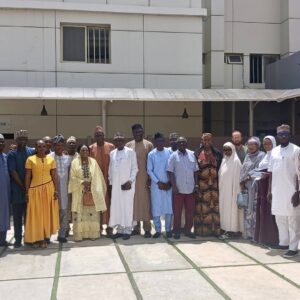 Also speaking, Alhaji Idi Maiha, Minister of Livestock Development, commended the project, saying it aligns with President Bola Tinubu’s administration’s focus on livestock development, which created a dedicated livestock ministry in July 2024.
Also speaking, Alhaji Idi Maiha, Minister of Livestock Development, commended the project, saying it aligns with President Bola Tinubu’s administration’s focus on livestock development, which created a dedicated livestock ministry in July 2024.






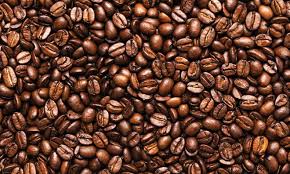

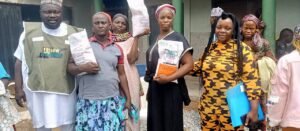 Also speaking, Mr Joe Dikko, Deputy Director, Department of Agriculture, Karu Local Government Area, commended FLACHS and dRPC, urging the beneficiaries to utilise the seedlings judiciously.
Also speaking, Mr Joe Dikko, Deputy Director, Department of Agriculture, Karu Local Government Area, commended FLACHS and dRPC, urging the beneficiaries to utilise the seedlings judiciously.